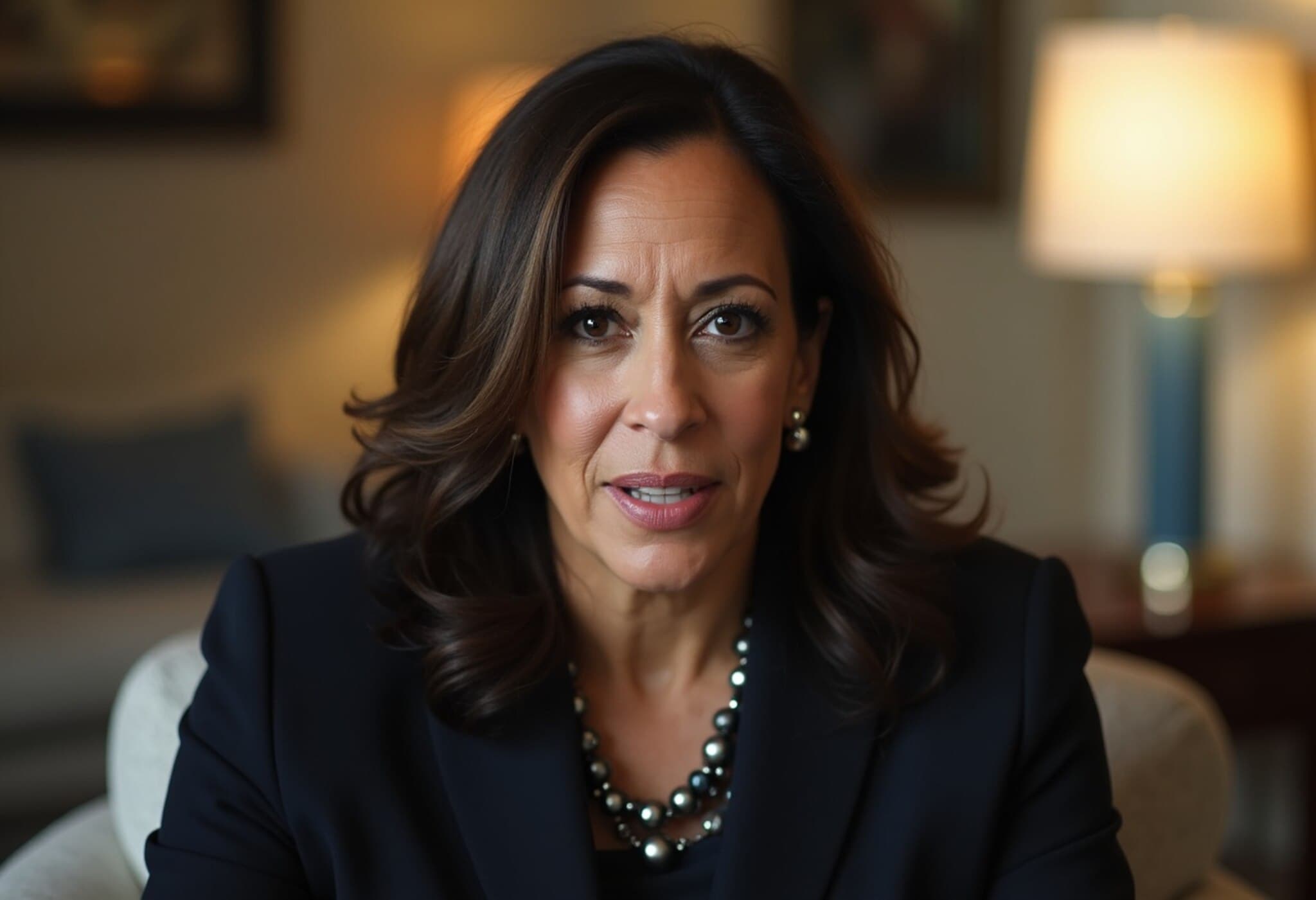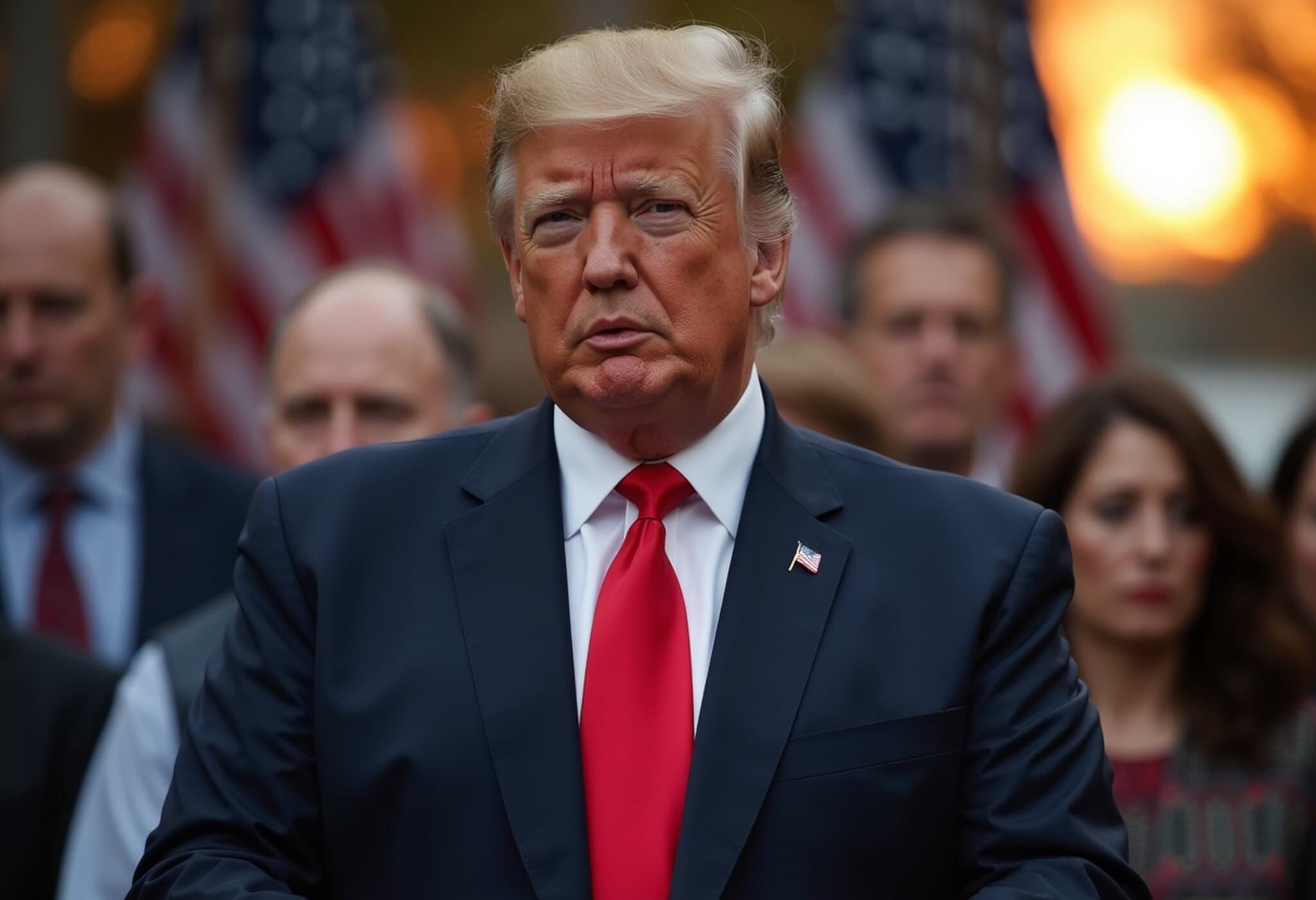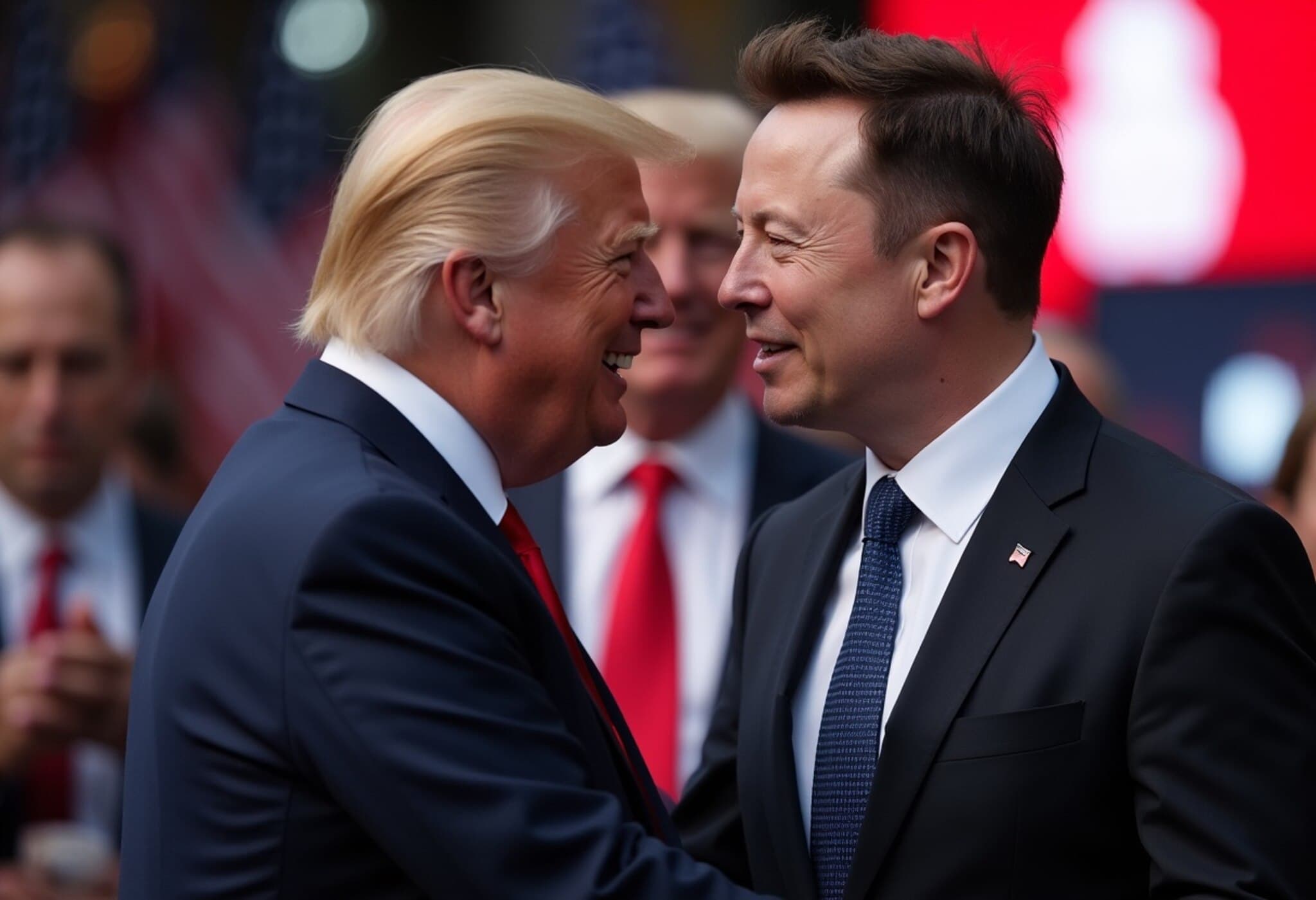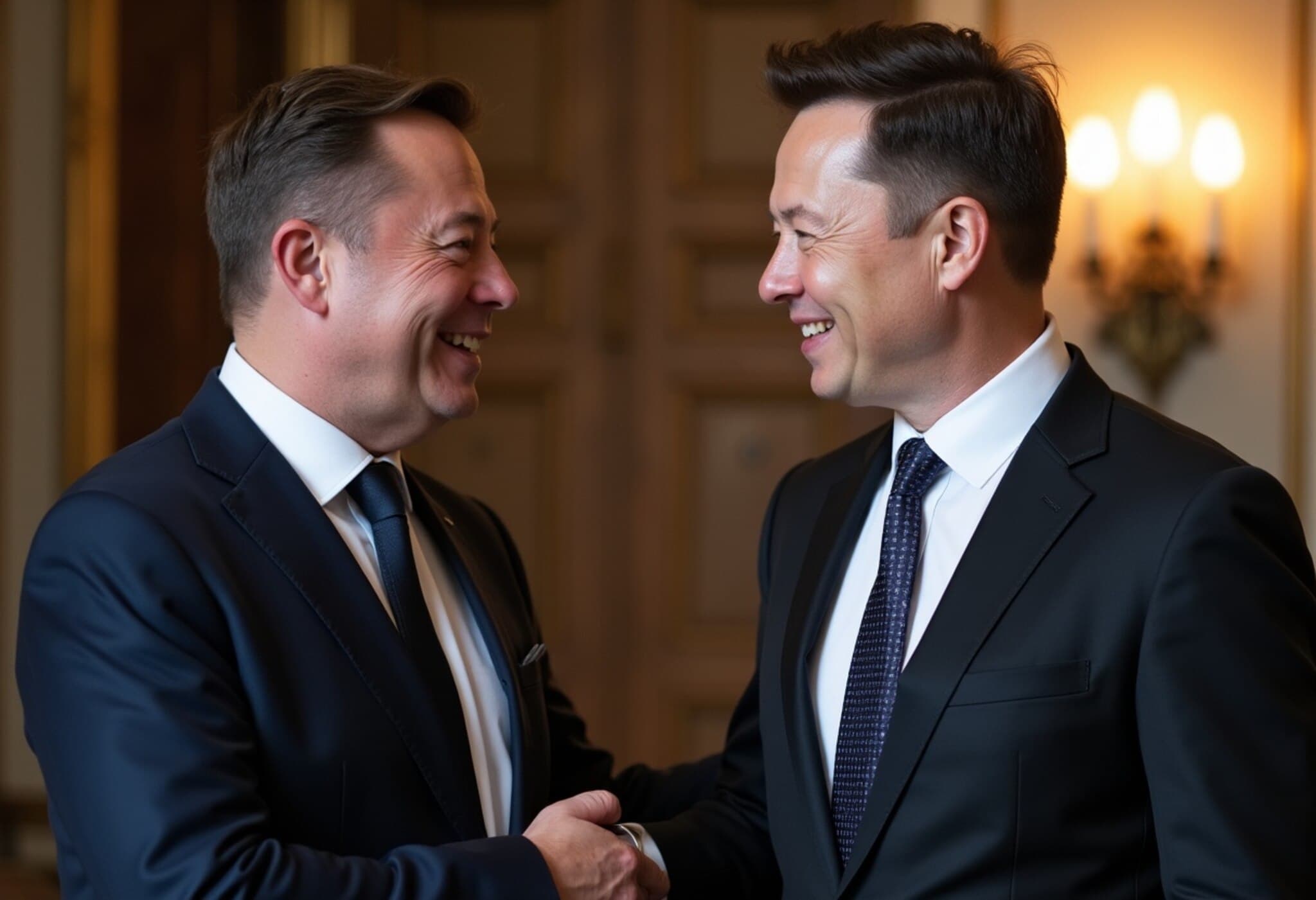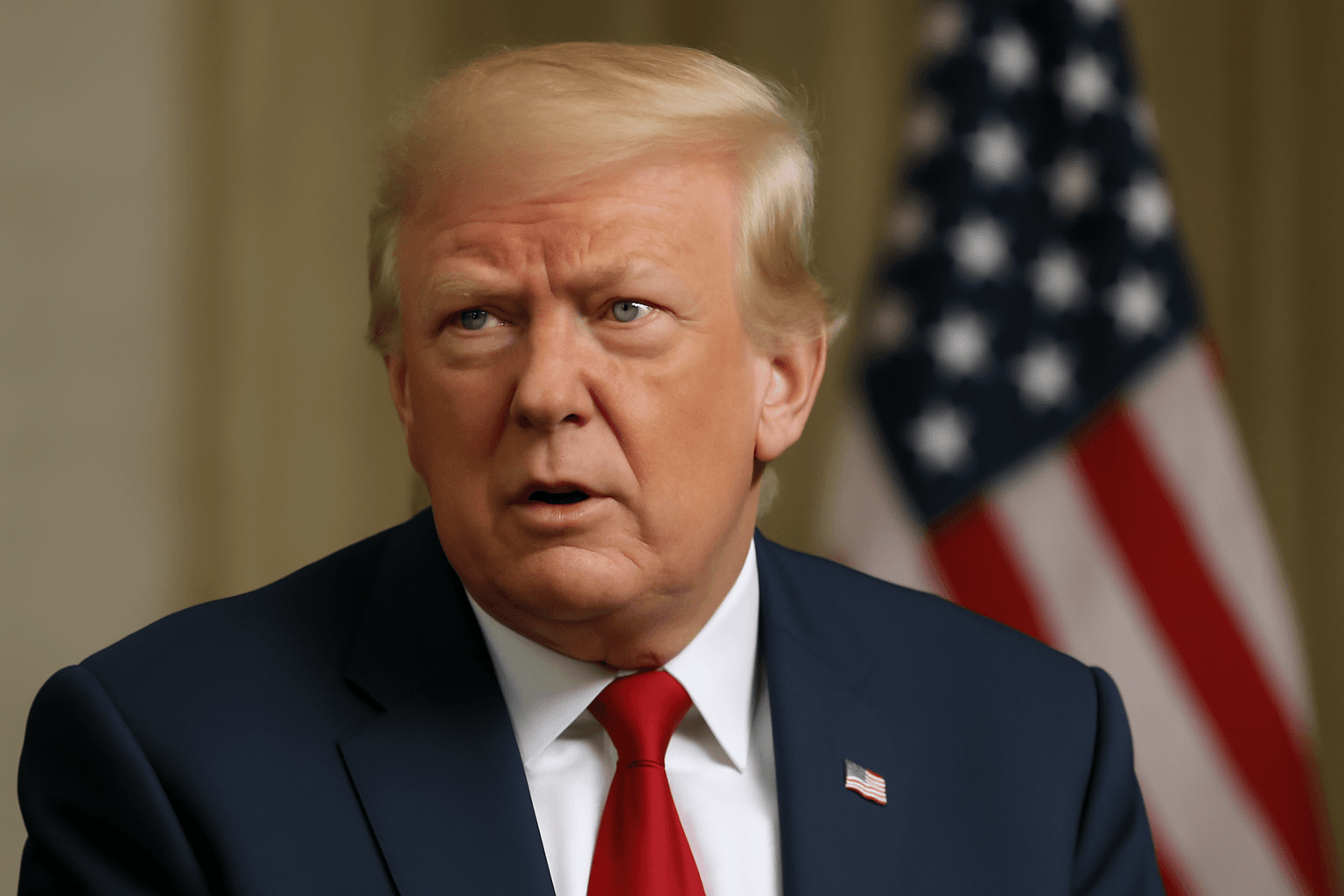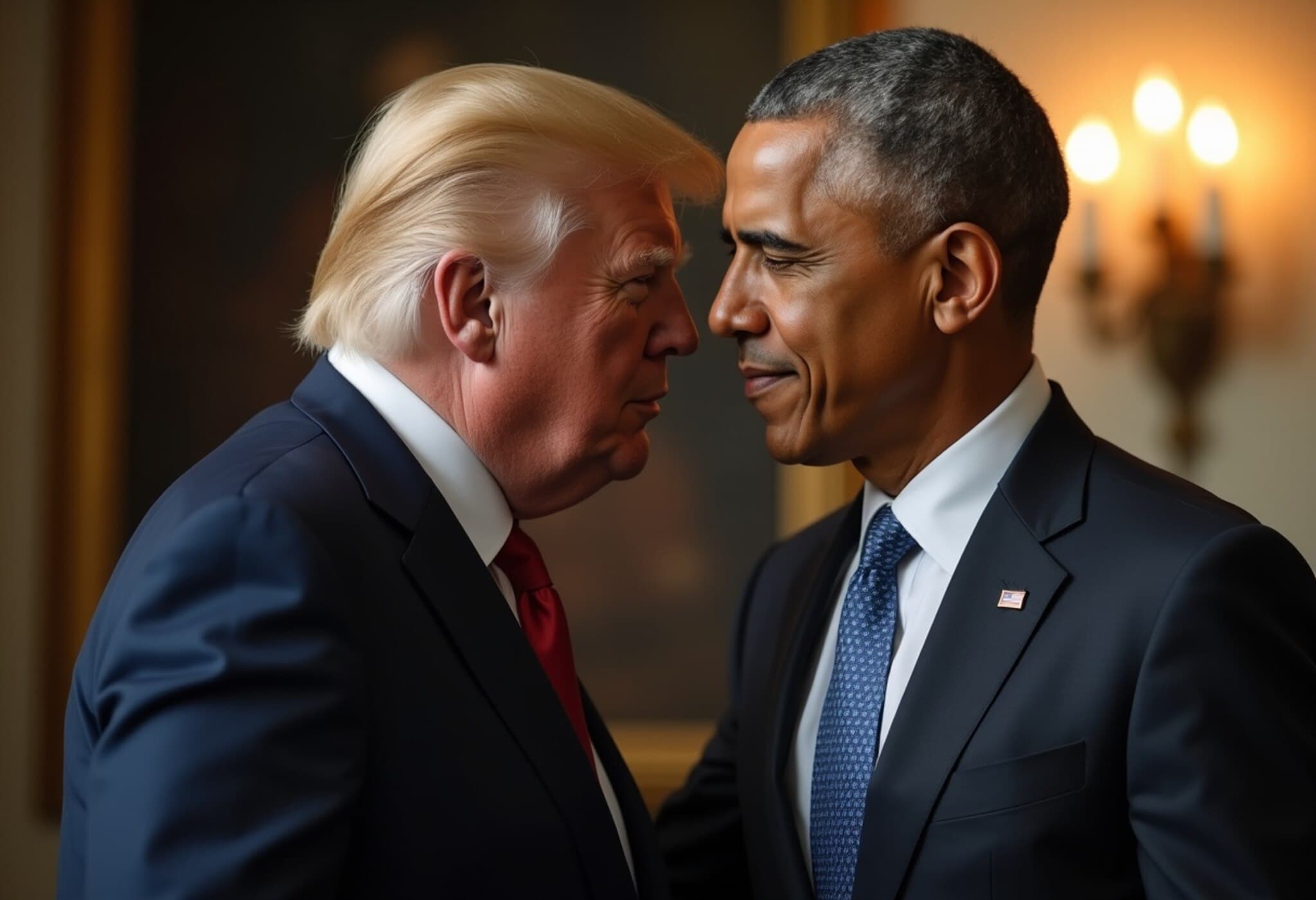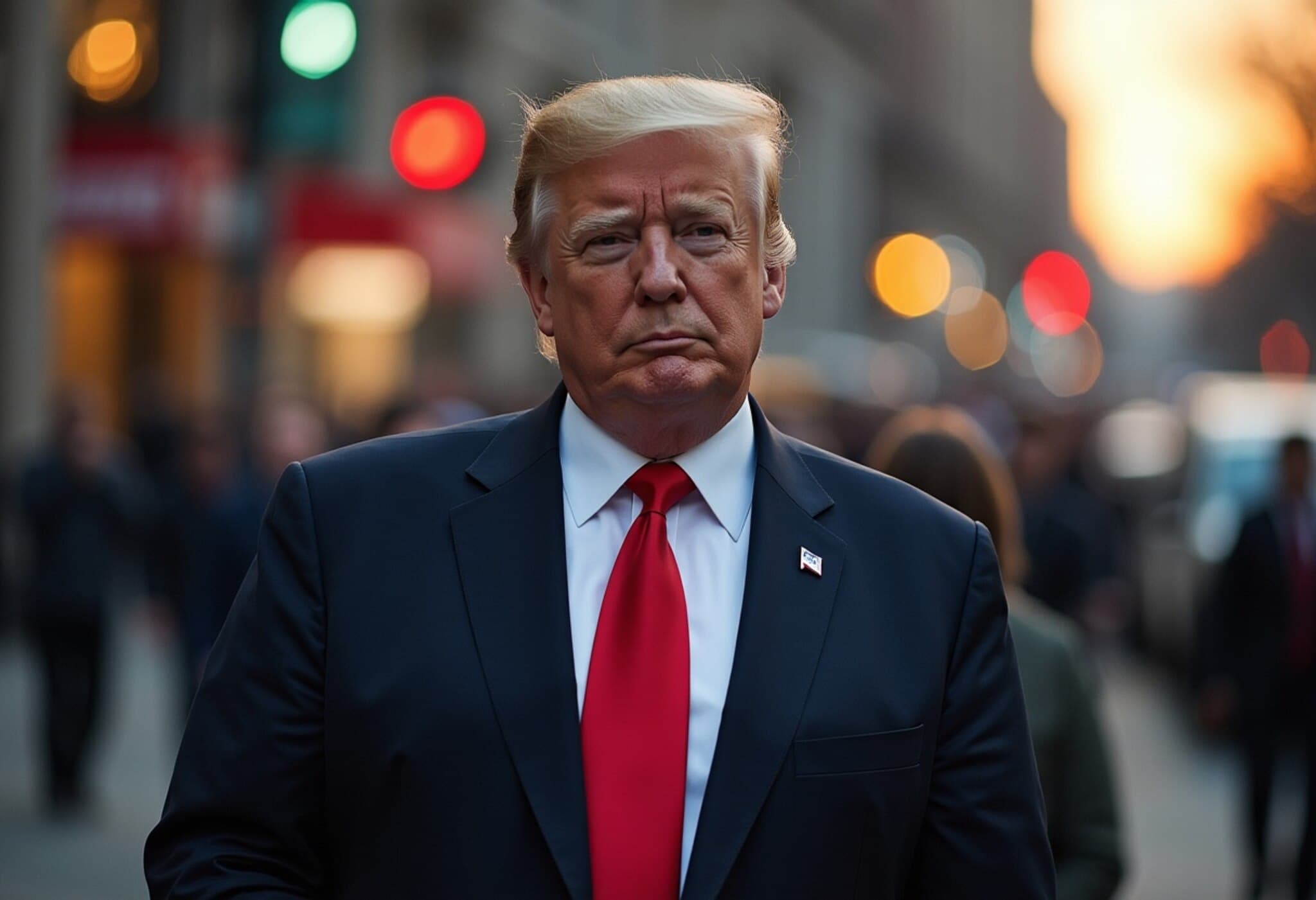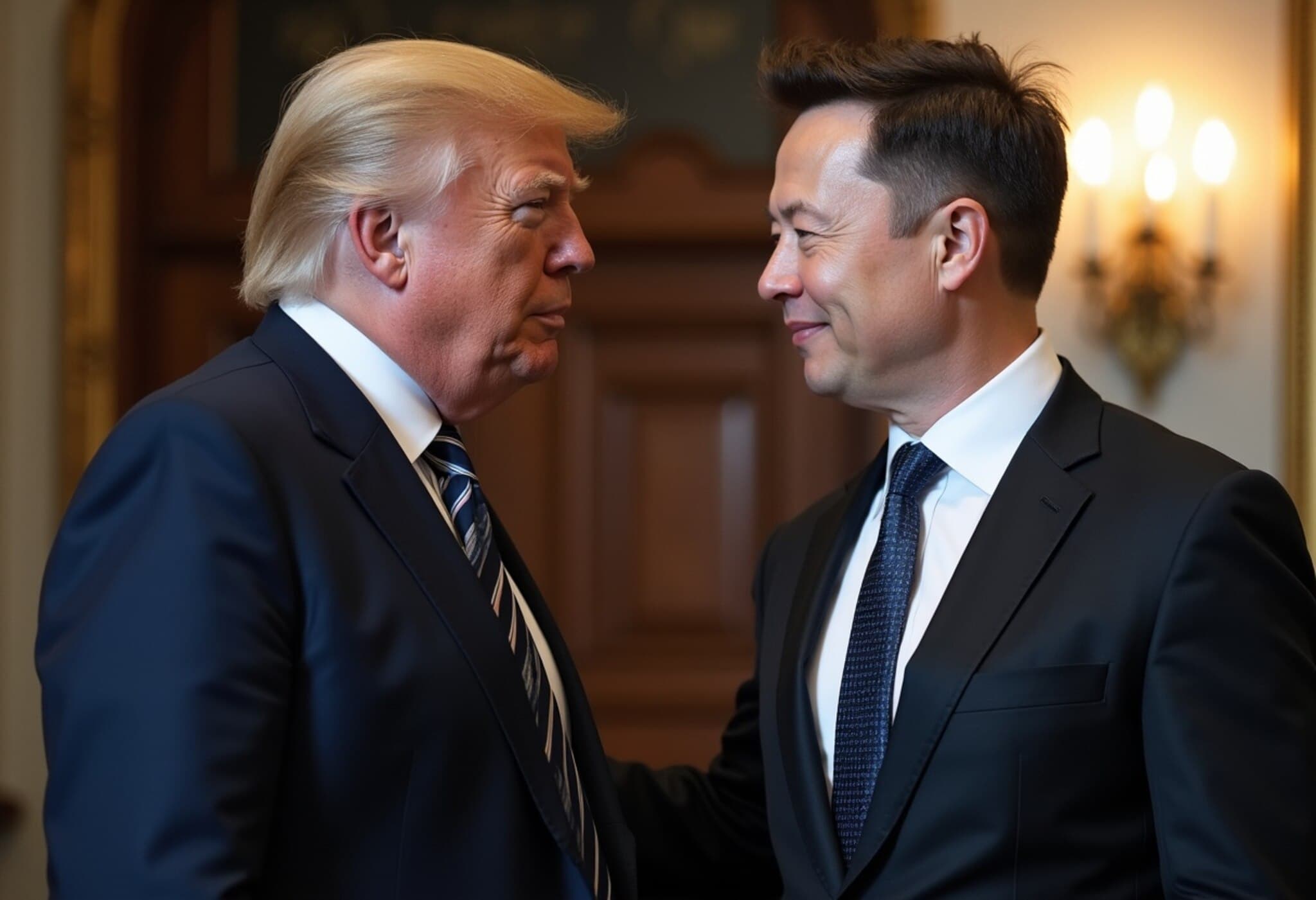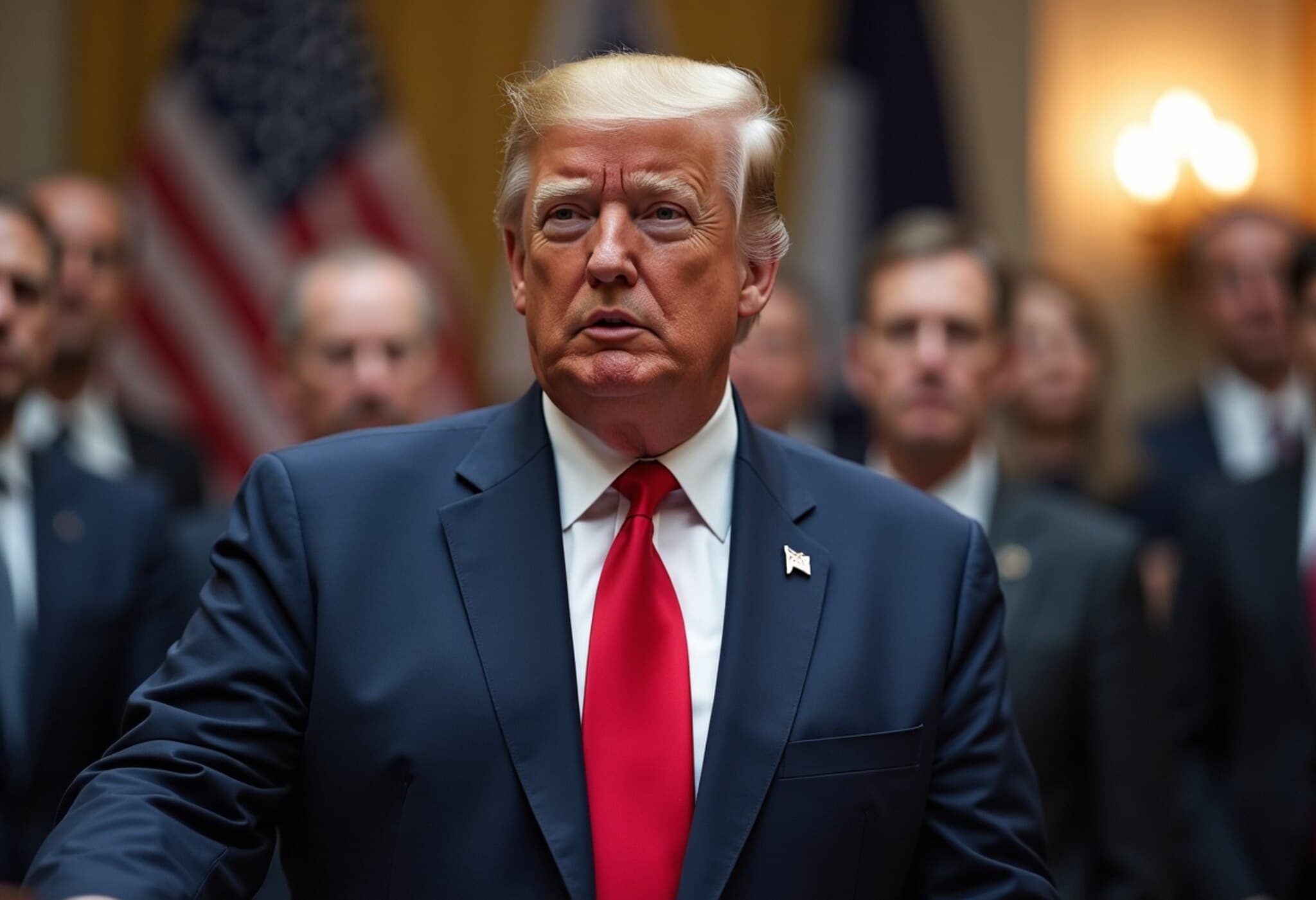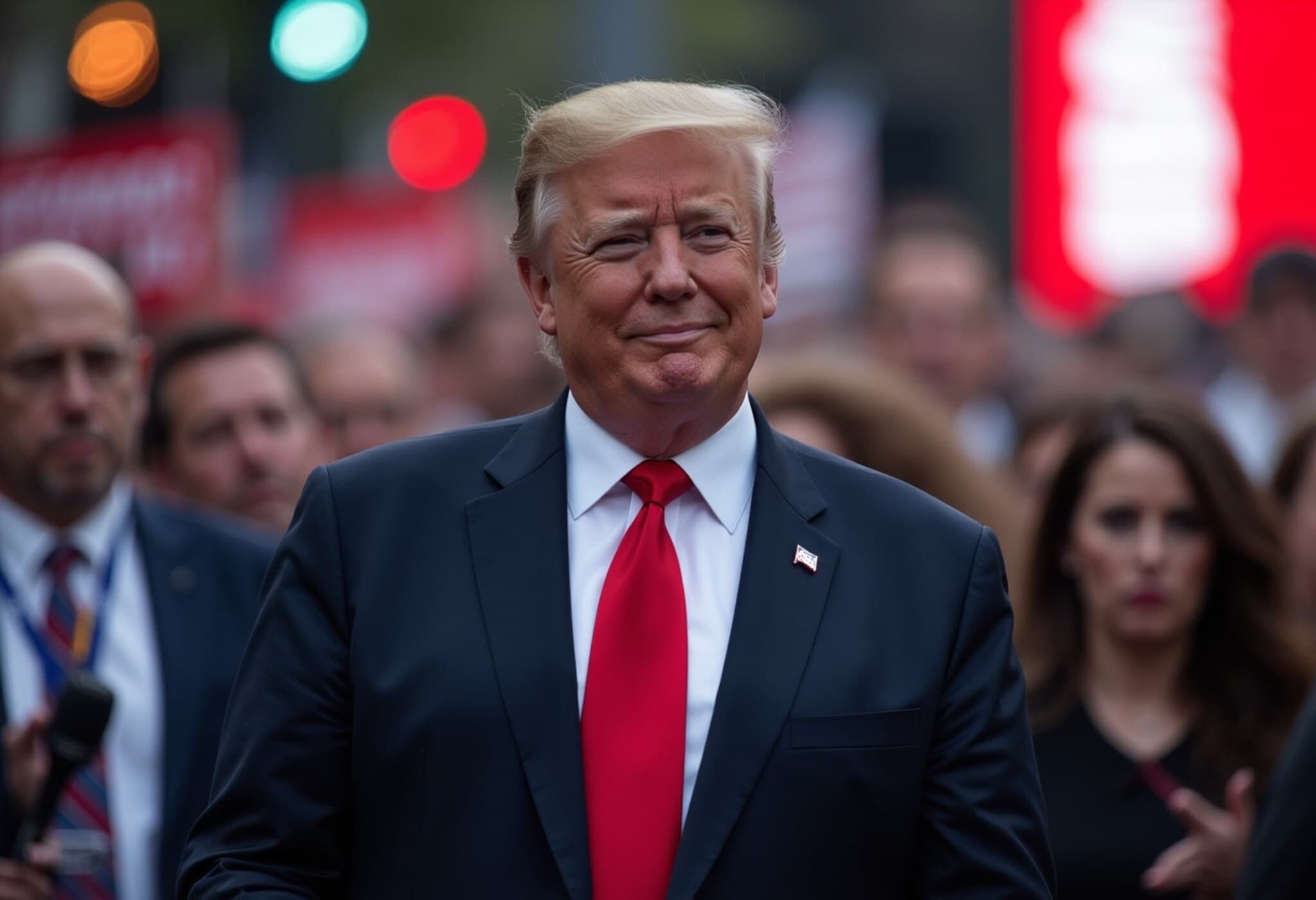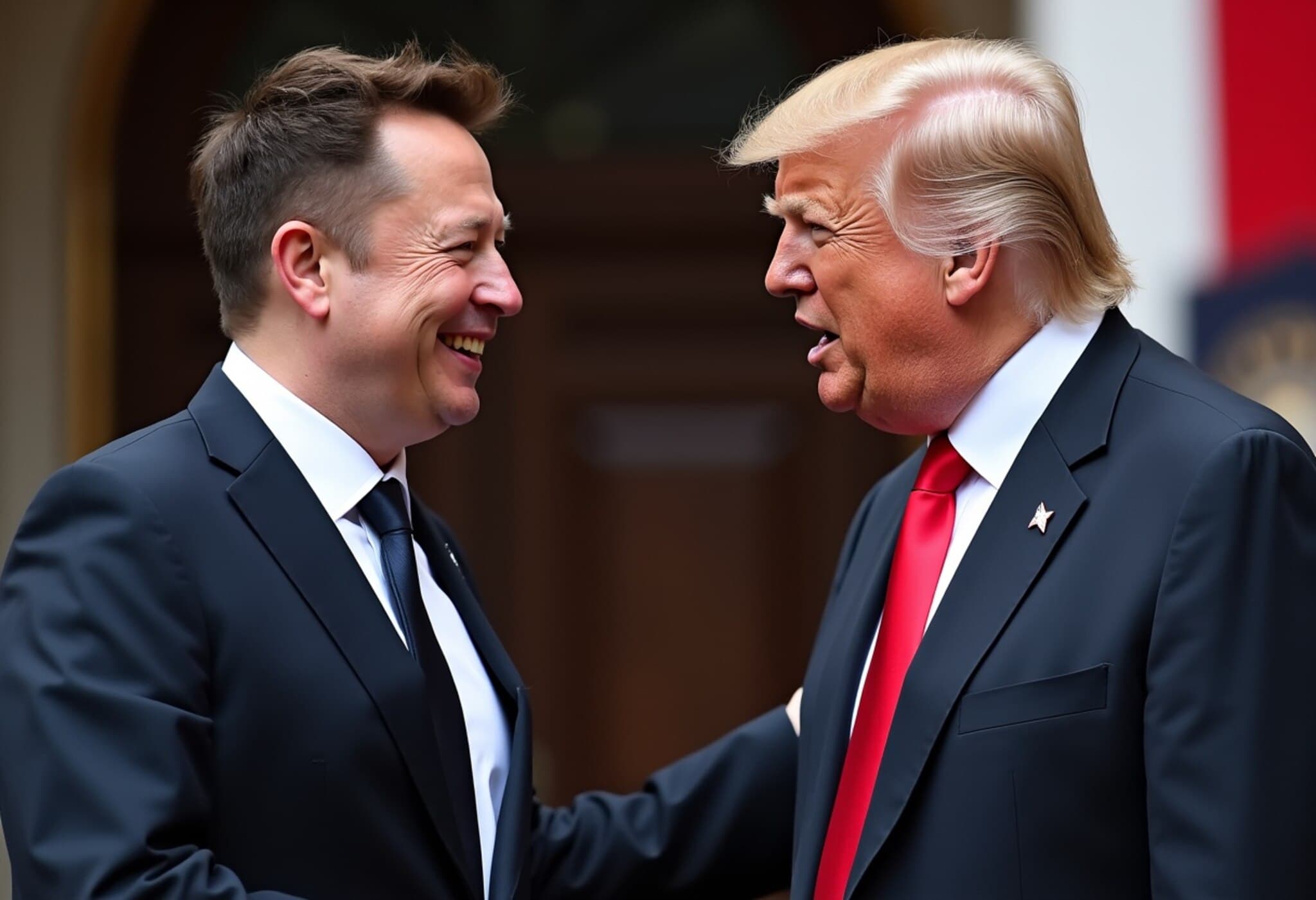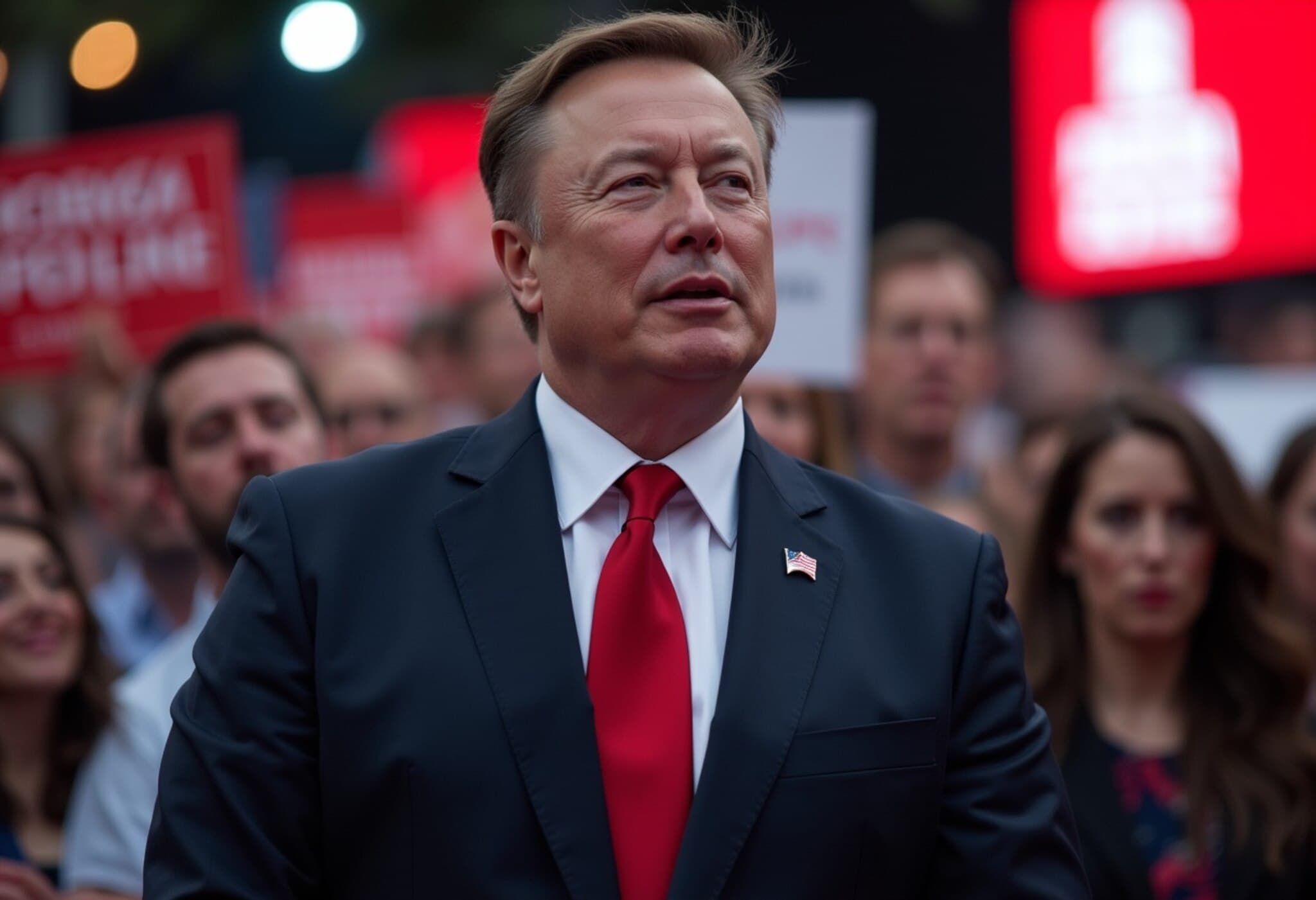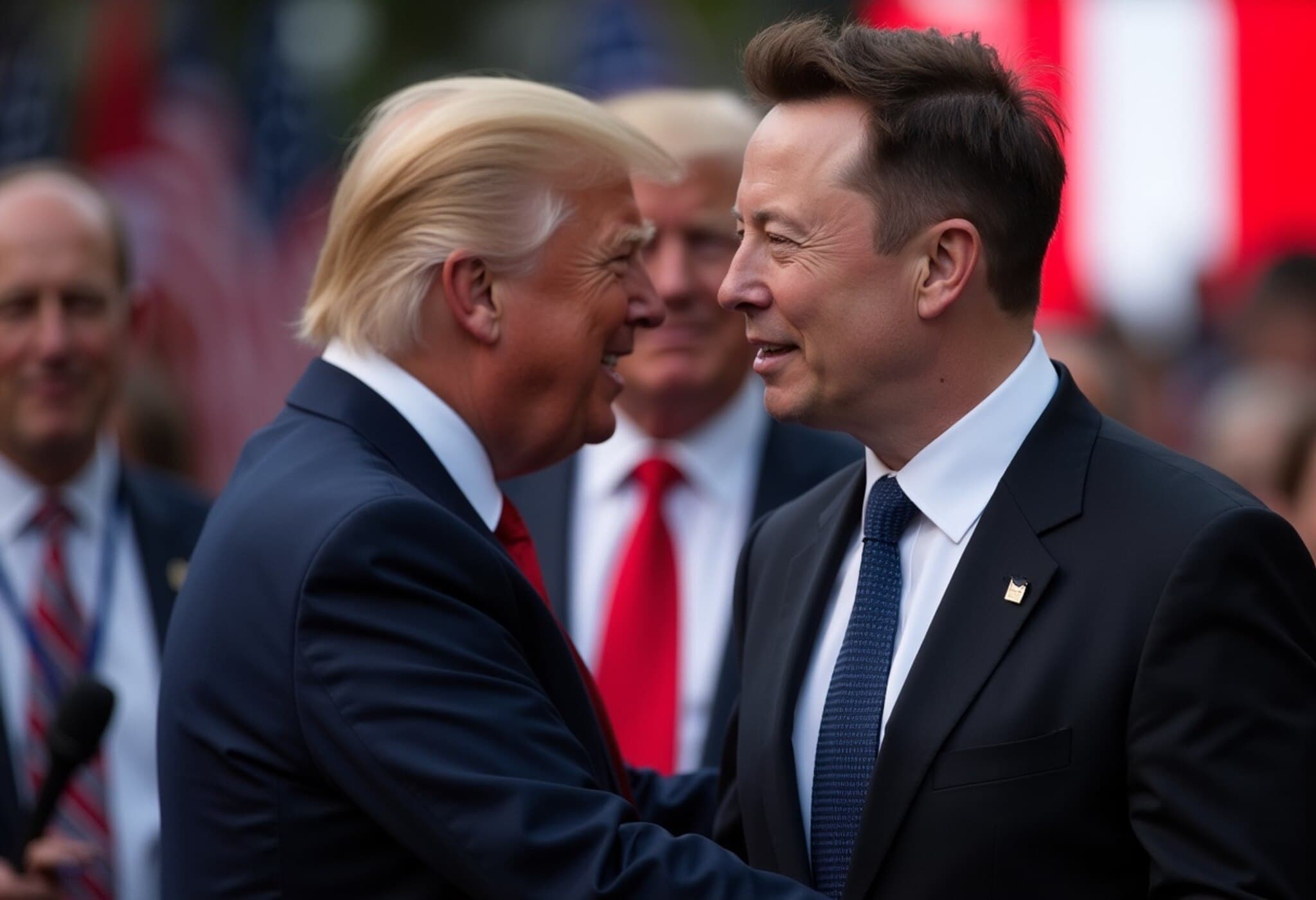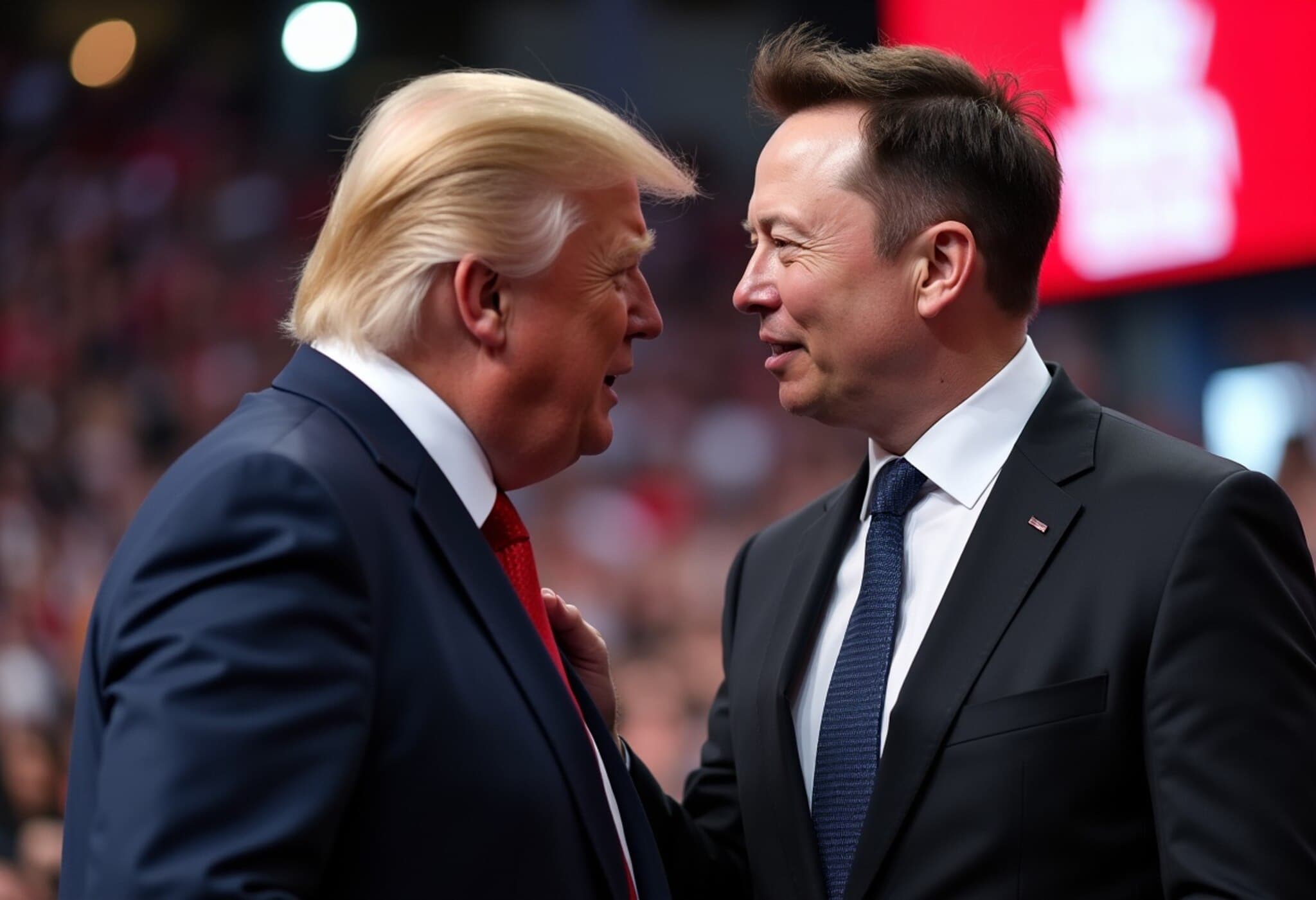Trump Criticizes Elon Musk’s Bid to Launch New Political Party
In a striking public rebuke, former President Donald Trump dismissed tech mogul Elon Musk’s recent announcement to form a new political entity as “ridiculous” and a threat to America’s longstanding two-party system. The comments, delivered on July 7, 2025, underscore the escalating tensions between two influential figures who have shaped recent American political discourse.
Setting the Scene: Musk’s ‘America Party’
Elon Musk unveiled plans for the “America Party” amid growing disagreements over fiscal policy and governance. The announcement comes in response to President Biden’s recent multi-trillion-dollar government spending bill—dubbed the “big, beautiful bill”—which Musk sharply criticized for potentially ballooning the national debt by $7.6 trillion.
Musk took to X (formerly Twitter) to question the wisdom of massive federal expenditures, pointing out, “What the heck was the point of @DOGE if he’s just going to increase the debt by $US5 trillion?” (referring to his short-lived Department of Government Efficiency initiative).
Trump’s Stark Rebuttal and Political Implications
Responding to Musk’s announcement while boarding Air Force One in New Jersey, Trump cautioned against fracturing the Republican Party, emphasizing the historical difficulties third parties face in U.S. politics. He argued that the two-party system, despite its flaws, remains foundational to electoral stability.
On his platform Truth Social, Trump did not mince words: “I am saddened to watch Elon Musk go completely ‘off the rails,’ essentially becoming a TRAIN WRECK over the past five weeks.” The former president also indicated that Musk’s shift is motivated in part by dissatisfaction over lost green-energy credits for Tesla in the recent legislation.
Potential Ramifications for GOP Unity
The emergence of the America Party has unsettled Republican ranks. Influential MAGA supporter Laura Loomer predicted that prominent conservatives such as Tucker Carlson, Marjorie Taylor Greene, and Thomas Massie might defect to Musk’s new party, potentially splintering the Republican base ahead of the 2028 presidential election.
Conversely, Treasury Secretary Scott Bessent minimized the threat, stating that while Musk’s Department of Government Efficiency principles resonated, Musk himself lacks broad political appeal.
Complex Personalities and Political Crosscurrents
The rift between Trump and Musk reflects not only ideological differences but also personal and business entanglements. Musk once supported Trump's 2024 re-election bid and shared public appearances, yet their relationship deteriorated amid conflicting interests, including Musk’s deep ties to NASA and his businesses benefiting from government contracts.
Trump condemned Musk’s choice of Jared Isaacman—a Musk ally and private astronaut—to head NASA, citing conflicts of interest and Isaacman’s previous support for Democratic figures. Isaacman’s nomination was eventually withdrawn, further illustrating the volatile intersection of politics, business, and space exploration.
Market Reactions and Corporate Concerns
The political fallout even rippled through financial markets. Investment firm Azoria Partners postponed the launch of a Tesla-focused exchange-traded fund, citing concerns that Musk’s political pursuits might detract from his CEO responsibilities. Azoria’s CEO publicly urged Musk to clarify his political ambitions.
Expert Insight: What This Means for American Politics
The episode sheds light on the inherent challenges of third-party ventures in the U.S., where electoral infrastructure and historical precedents heavily favor Democrats and Republicans. A new party risks splitting the conservative vote, potentially benefiting rival factions and underscoring the fragile state of GOP unity.
The unfolding Musk-Trump saga also highlights how influential entrepreneurs are increasingly intersecting with political power plays, complicating policy debates—particularly around fiscal responsibility, renewable energy, and technological innovation.
Looking Ahead: Crucial Questions
- Can Musk’s America Party gain sufficient traction, or will it remain a fringe experiment?
- How might intra-party conflicts impact the Republican Party’s cohesion ahead of upcoming elections?
- What role do billionaire tech figures play in shaping public policy, and how should conflicts of interest be managed?
Editor’s Note
The confrontation between Elon Musk and Donald Trump symbolizes more than just a clash of personalities; it represents a crossroads in American political culture where entrepreneurial influence meets traditional power structures. As the nation faces deep ideological divides and economic uncertainties, Musk’s gamble on a third party challenges entrenched norms and provokes fundamental questions about political representation and fiscal stewardship. Readers are encouraged to watch how this experiment unfolds and consider its potential to reshape or disrupt the established two-party landscape.


